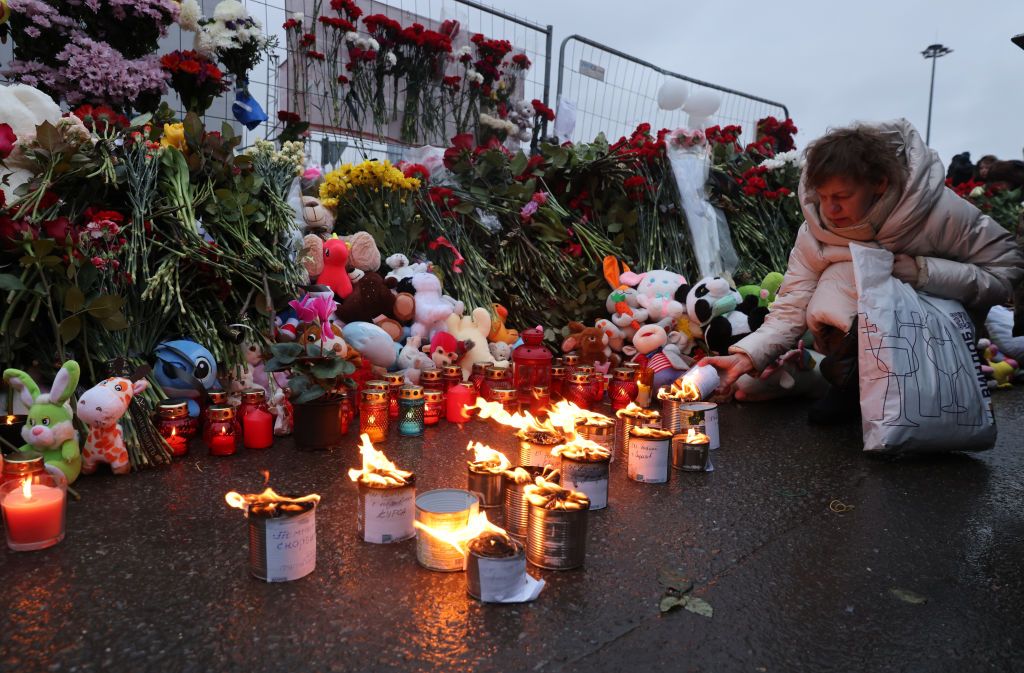attack and suppression of dissent. The Russian government has a history of using security threats as a pretext for cracking down on opposition voices and implementing draconian measures. Calls for the reinstatement of the death penalty following the mass shooting could further erode civil liberties and human rights in the country. The aftermath of the attack may also exacerbate existing issues of racism and xenophobia in Russia, as politicians and media outlets seek to scapegoat certain groups for the violence.
The lack of a robust response to the warnings about the potential terrorist attack at Crocus City Hall raises questions about the effectiveness of Russian security measures and the government’s handling of such threats. Despite being alerted to the danger, security forces did not appear to have heightened their presence at the venue, allowing the gunmen to carry out the attack with little resistance. This failure to prevent the tragedy highlights the need for better coordination and preparedness in addressing security risks in Russia.
The politicization of the mass shooting by Russian authorities, particularly in their attempts to blame Ukraine for the attack, reflects a broader trend of using external threats to divert attention from domestic issues and consolidate power. By linking the terrorist incident to Ukraine without evidence, Putin and his government are seeking to deflect responsibility and fuel nationalist sentiments among the population. However, such tactics risk further escalating tensions and exacerbating conflicts in the region.
The role of international intelligence agencies, such as the U.S., in sharing information about potential terrorist threats with other countries underscores the importance of global cooperation in combating terrorism. The duty to warn doctrine, which obligates countries to alert allies and adversaries about imminent dangers, aims to prevent tragedies like the one at Crocus City Hall. While the warning may not have been heeded in this case, ongoing collaboration between nations in addressing security challenges remains essential.
As the investigation into the Crocus City Hall shooting continues and the implications of the attack unfold, it is crucial for international partners to support independent journalism in Ukraine and other affected regions. By shedding light on the complexities of the situation, journalists can counter disinformation and ensure that the truth prevails in the face of propaganda and conspiracy theories. Standing up for press freedom and holding those in power accountable are vital components of promoting justice and transparency in the aftermath of tragic events like the mass shooting in Moscow.
In conclusion, the terrorist attack at Crocus City Hall in Moscow has raised serious concerns about security, political manipulation, and human rights in Russia. The failure to prevent the tragedy despite prior warnings, the government’s attempts to scapegoat Ukraine, and the potential repercussions for civil liberties all underscore the need for vigilance and accountability. By supporting independent journalism and advocating for transparent investigations, individuals and organizations can help uphold democratic values and ensure that justice is served in the wake of such devastating events.















